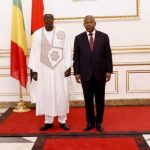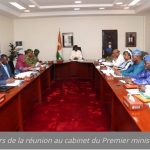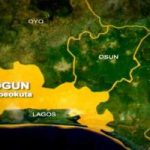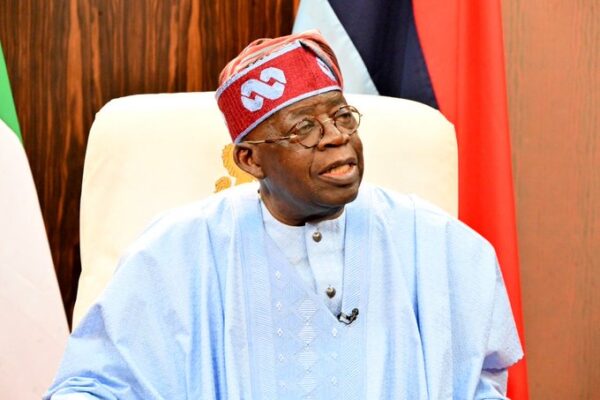
Argentina Records First Inflation-Free Week Under President Javier Milei
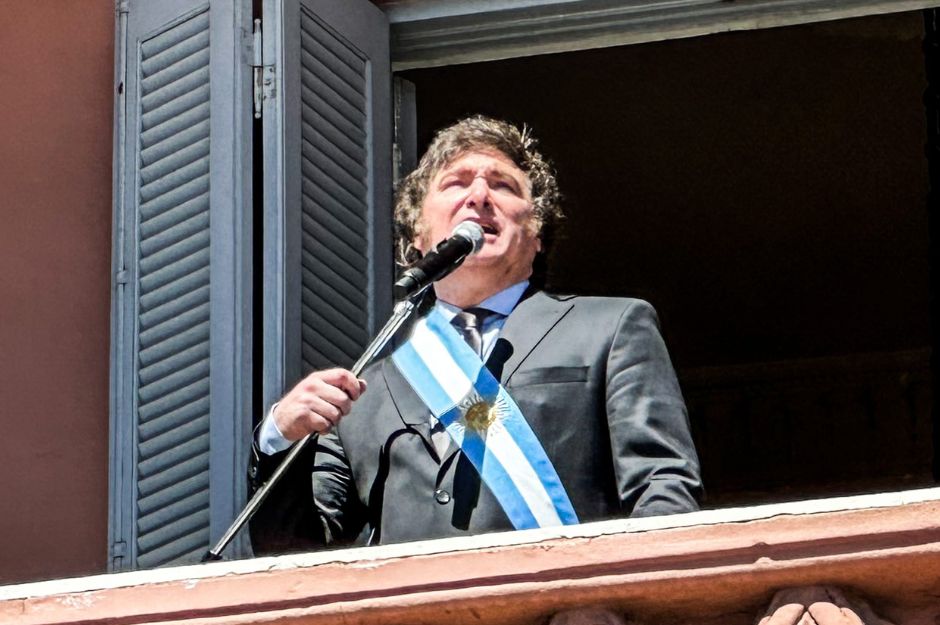
Argentina has reportedly recorded an inflation-free week for the first time in three decades, a significant milestone under President Javier Milei’s administration.
VOZ reported that this unprecedented achievement followed a series of drastic cost-cutting measures implemented by the President to combat the country’s historically high inflation rates, such as signing the Decree of Necessity and Urgency (DNU) focused on reducing the country’s government structure.
President Milei, who assumed office six months ago, has undertaken other rigorous steps to revitalise Argentina’s economy.
Notably, he was reported to have sold off two national planes, merged 18 government departments into nine, halved the number of government cars and drivers, and devalued the national currency by 100 per cent.
To set an example of austerity, President Milei has also been reported to be travelling on commercial flights. According to Econometrica, a private consulting firm, it has been closely monitoring the prices of at least 8,000 food items in local online stores. They reported that for the first time in 30 years, the prices remained unchanged over the previous week.
In a radio interview with Radio Mitre, President Milei expressed optimism about the future of Argentina’s economy.
“This means that we are on the right path — there is still a long way to go, but the first signs that things are working are beginning to appear,” he said.
The Argentine economy’s turnaround starkly contrasts Nigeria’s, where President Bola Tinubu, who also inherited a struggling economy, has faced criticism for handling the country’s financial woes.
Despite his campaign promises to address the crisis, inflation has worsened during his first year in office. The National Bureau of Statistics reported that inflation rose to 34 per cent last month.
Tinubu’s administration has been under fire for perceived excessive government spending. Last December, he travelled to Dubai for the COP28 climate summit with a delegation of 1,411 people, sparking public outrage over the perceived waste of resources.
Additionally, he forwarded the names of 48 ministerial nominees to the Senate for clearance, the highest number in Nigeria’s Fourth Republic. This move has raised concerns about the high cost of governance.
Furthermore, President Tinubu approved N14 billion to renovate Vice President Kashim Shettima’s residence. This decision has been criticised widely, especially as many Nigerians struggle with the economic impacts of his fuel subsidy removal and naira devaluation.
Just recently, Nigeria’s Debt Management Office (DMO) announced a significant rise in the nation’s total public debt, which now stands at N121.67 trillion (approximately $91.46 billion) as of March 31, 2024. At the same time, Nigeria’s public debt has surged by $4.95 billion in loans from the World Bank over the past 12 months.
In contrast, President Milei’s measures are steering Argentina towards economic stability. The inflation-free week indicates that his cost-cutting initiatives have the desired effect, providing hope for a sustainable economic recovery.
Despite the mantra of “renewed hope,” the administration of Tinubu has been unable to reduce the cost of governance, with the mounting cost of living on the masses. Also, the inability to propose a tentative minimum wage despite promises to reach an agreed pay with the labour unions.
Read more: Man With Human Skull Arrested In Ogun State
About The Author
Related Articles
Bola Tinubu Administration Accused of Enabling Terrorism as NSA Nuhu Ribadu Pushes Terrorist Reintegration with Western-Funded Ex-Fighter Programs
The administration of President Bola Tinubu is running the country on autopilot...
ByWest Africa WeeklyMarch 1, 2026Zimbabwe Rejects $350m US Health Deal Over Sovereignty Dispute
Zimbabwe has formally withdrawn from negotiations on a proposed $350 million health...
ByWest Africa WeeklyFebruary 25, 2026Niger’s President Outlines Vision for Strategic Partnership with China
Niger’s Head of State, General Abdourahmane Tiani, has articulated a renewed vision...
ByWest Africa WeeklyFebruary 25, 2026Fire Destroys 140 Tonnes of Cotton in Western Burkina Faso
A major fire has destroyed more than 140 tonnes of cotton in...
ByWest Africa WeeklyFebruary 25, 2026


